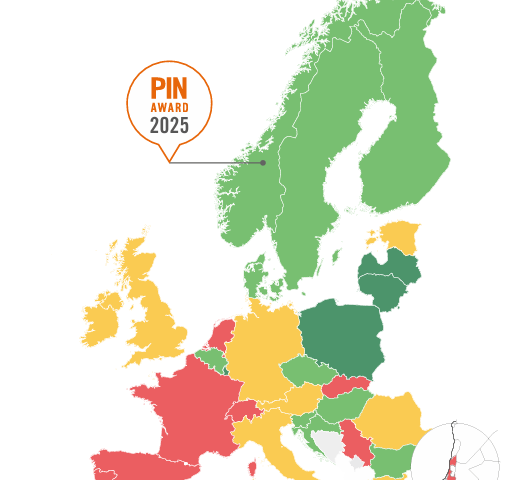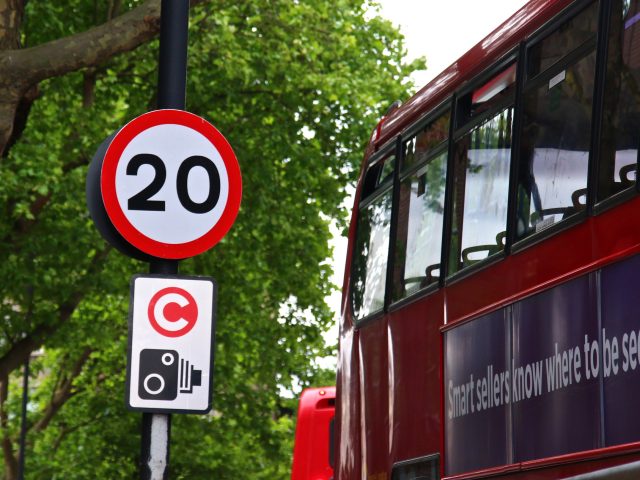Road safety groups and transport workers urge professional training for van drivers in revised EU license rules
ETSC, together with pedestrian, cyclist and transport workers groups have penned an open letter to Members of the European Parliament (MEPs). The letter addresses the upcoming revision of the EU Driving Licence Directive (2006/126) and emphasises the need for additional professional training for van drivers, similar to the requirements imposed on bus and coach drivers.
The primary stated objective of the proposed revision is to strengthen road safety and contribute to the EU’s goal of reducing road deaths and serious injuries by 50% by 2030. To this end, the organisations argue that the introduction of mandatory training for professional van drivers is essential.
Vans play a significant role in road crashes within the EU, and their usage is on the rise. In 2018, 11% of all road deaths, which equates to 2630 lives, resulted from crashes involving vans. 39% of these deaths were pedestrians, cyclists and motorcyclists.
The increasing use of vans can be attributed to various factors, including higher demand, daytime urban operations, nighttime deliveries, and the surge in online shopping. Unfortunately, the pressure to meet market demands, intense competition in the transport industry, and a lack of stringent regulations have contributed to poor working conditions for van drivers, posing significant safety risks.
A critical issue highlighted in the letter is the relatively lenient regulations applied to vans weighing less than 3.5 tonnes compared to Heavy Goods Vehicles (HGVs). HGV operators and drivers are required to obtain Certificates of Professional Competence (CPCs) that must be periodically updated. However, van fleets can operate under lower standards, and only LGVs exceeding 2.5 tonnes and operating across EU borders will be subject to EU rules for driving and resting times by 2026. The vast majority of van traffic, which operates within national borders, will not be impacted by this change.
To enhance road safety, the organizations call for comprehensive training for professional van drivers, covering aspects such as safe loading and unloading, cargo securing, reversing, fatigue prevention, journey planning, and adherence to traffic rules, including seatbelt usage and avoiding distractions.
The open letter urges that the current requirements for bus and truck drivers, which include professional driver training (Certificates of Professional Competence – CPCs), should be extended to create a new category for van drivers, including those who may be misclassified as self-employed or owner drivers. This could be achieved as part of the proposal from the European Parliament to establish a B+ category with a separate requirement for CPC-type training for N1 vehicles used for professional purposes.
The organisations also express their disagreement with the European Commission’s proposal to increase the permissible mass of a ‘B’ category vehicle from 3.5 to 4.25 tonnes. Citing a recent report from the VIAS Institute in Belgium, they argue that larger and more powerful vehicles are having an increasingly adverse impact on road safety for pedestrians and cyclists.







